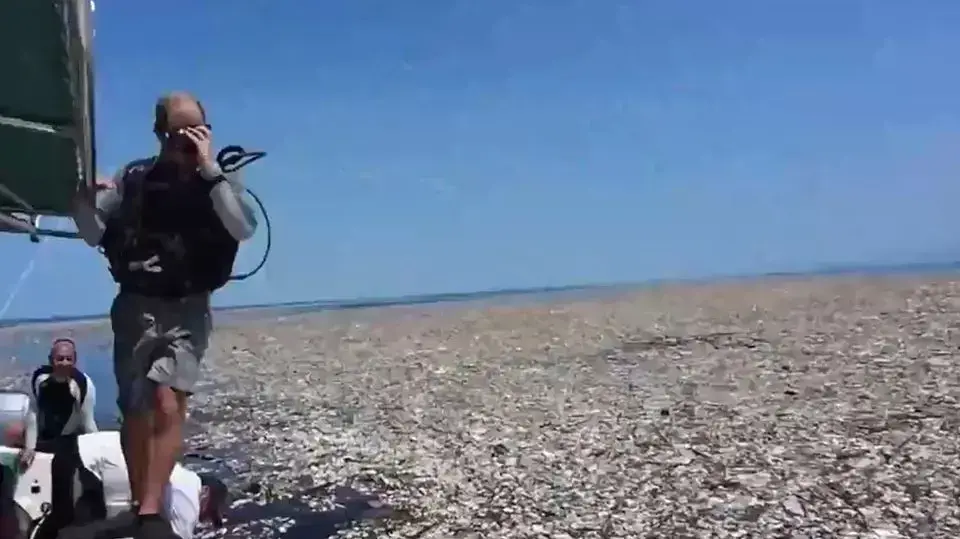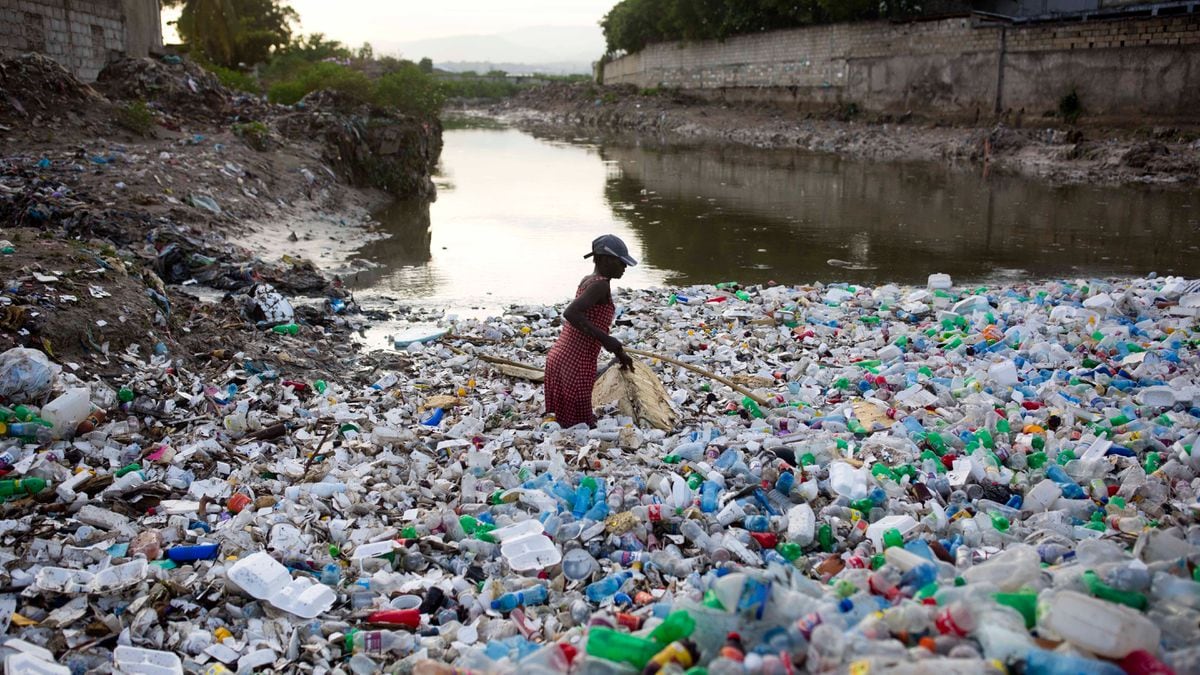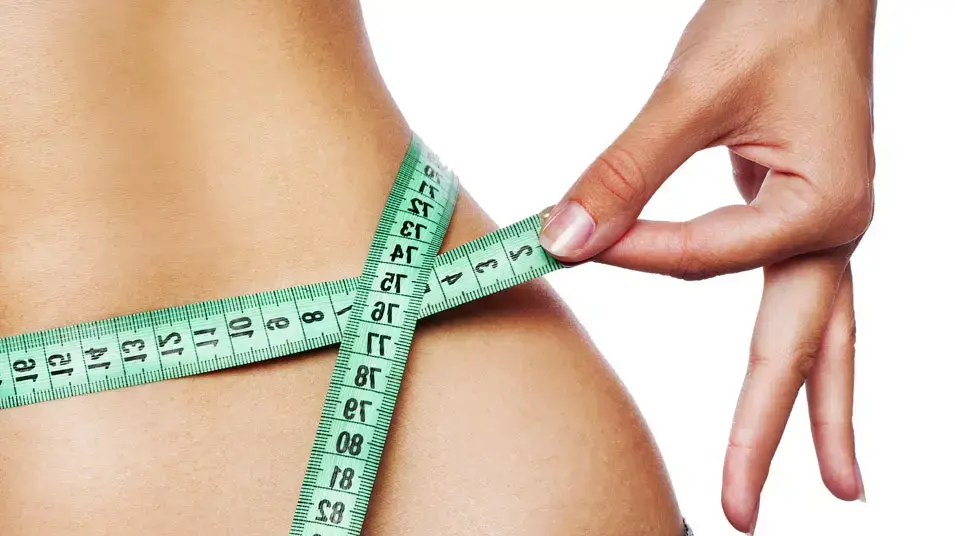The end to the plastic island? The patent that will allow complete circulation of the material
Swedish researchers propose a complex industrial process that can turn plastic waste into raw material into new plastic products. Is this a way to round off the path of plastic life?
The end to the plastic island? The patent that will allow complete circulation of the material
angleAfter being sent to deal with the plastic waste in the Pacific Ocean, "Wilson" - the facility of the ocean cleanup venture - was returned to renovations and improvements because it was broken and failed in its collection. In August this year, he launched again with renewed hopes, and in October came good news: the business was starting to work, the facility was keeping up with the environmental conditions and the plastic was being collected. The venture's plan is to sell the plastic to companies (such as Patagonia or Adidas) that produce luxury goods from it, but it may be starting to create another option now. A group of researchers at the Swedish University of Technology in Sweden believes that it has found a complex industrial process that has technological and economic feasibility (under certain conditions) for a circular plastic cycle.
More in Walla! NEWS More in Walla! NEWSDo corporations think that getting rid of keys is enough? They are wrong
To the full articleMore in Walla! NEWS
How Much Do Sodhsters Pay for Renting 4,000 Sqm in Dimona? Meet the Enigmatic High-Tech Entrepreneur Who Sold Banana Labs to Intel Governor of the Bank of Israel: Raise Taxes to Meet the Budget Challenge Forget Everything You Know About Diets and Discover the Natural Weight Loss FormulaFrom manufacturing to recycling
The plastic problem is enormous, but simple in its essence: The raw materials from which the plastic is made are oil and natural gas, it is produced in excess and consumable after too long. The plastic does not break down into its components but breaks down into parts. Only about 10 percent of it is recycled worldwide and since China decided to stop buying the garbage from the rest of the world, the global cork has only grown.
The common recyclable rests on the grinding and processing of hard plastic into a new product and is suitable only for some plastics and those that are not a mixture of several different materials. Disposable bags, for example, are less suitable for recycling because their processing is complex and causes environmental damage. Some of the recycling processes can impair the quality of the resulting plastic, and a recycled product (if it ever comes back to the recycling plant) is usually burnt controlled at energy production facilities, where it emits greenhouse gases but also other pollutants that need to be treated. In fact, it is now cheaper to produce new plastic from fossil fuel than to use plastic waste to make a new product, because the price does not embody the enormous environmental damage in manufacturing.
The Swedish team of researchers tested whether there was a circular solution that would allow plastic to be manufactured from end-of-life plastic products. To do this, the researchers used the steam cracking method. By this method, the large molecules of polymers (polymers) break down into their basic units (monomers) at relatively high temperatures (about 850 degrees Celsius) and become gases. The researchers adjusted the rate of temperature rise and time spent in the material system so that the basic molecules in their state as gas could be assembled at the end of the process to high quality plastic, similar to the plastic waste that entered the process.
This process is essentially similar to plastic production: oil and natural gas are separated into their chemical components, and the simple polymerization process (monomers such as ethylene and propylene) leads to the production of the different types of polymers from which the various plastic products are made. If the new process is aligned with the standards and equipment of today's petrochemical plants, then it would be possible to utilize the current production infrastructure and use plastic waste as raw material.
Yair Engel Managing Director of Sustainable Planning and Design Center, Representative of Cradle to Cradle EPEA in Israel and Specialist in Circular Economics, says that "such process developers have a significant duty to prove. This is a bad start on the conceptual level, because in order for contemporary plastic recycling processes to become masses, there is a need for source separation (cultural change) and great investment in every detail of the process (technological change). But the proposed process also has to deal with similar variables, such as the materials added to plastics in the original production processes, the different plastics mixtures, original production processes that may affect the ability to recycle and others. Quite a few good ideas have too much technological optimism. "
More in Walla! NEWS More in Walla! NEWSThe artificial leaf that produces clean and cheap fuel
To the full articlePlastic in a circle
To prove the feasibility of the process, the research team processed a plastic waste experiment (polyethylene and plastic waste from vehicle crushing) at a rate of about 200 pounds per hour. Now, they want to scale up the process to try and deal with many tons of plastic a day.
They will not lack raw material. It is estimated that approximately 381 million tonnes of plastic polymers were produced globally in 2015 (compared to 313 produced in 2010), and a total of more than 8 billion tonnes were produced from 1950 over the years. Taking into account that only 9 per cent of the world's plastic waste is recycled (compared with 30 per cent in Europe), it is soon the 6 billion tonnes of plastic waste currently in landfills and in the marine and onshore environment. The goal of the next step in project development is to lead the process of processing about 2 million tons of used plastic a year, an amount that an average plastic plant produces.
The proposed process probably works technically, the question is whether it is possible to design and implement an industrial process that will offer an economic alternative to recycling plants. On the face of it, the similarity to current production processes and the ability to rely on an existing infrastructure can help make it economically viable. Researchers say the process could also be relevant to plastic waste left in the sea or landfill, so that if and when a gable goes through and tackles all the technical and economic challenges, it could possibly be an end solution to a venture like Wilson or perhaps an alternative to burning plastic for energy in old landfill treatment projects.
More in Walla! NEWS More in Walla! NEWSRenewable energies? We should also deal with the waste of electricity in the network itself
To the full articlePetrochemical Resistance
Stubborn opposition to such solutions is expected from oil and petrochemical companies, much of their business plan is based on expanding plastic production. However, McKinsey International Business Advisory estimates that, at the current rate, the amount of plastic waste will reach 460 million tonnes by 2030, so the petrochemical industry has a business opportunity - and even a duty - to invest in recycling solutions that will become a significant source of revenue for it.
"Such an idea is certainly worth investing in to exploit its potential, but keep in mind that it is dealing with the problem of waste at the end stage after use and it is a solution to the current recycling difficulties," says Engel. "And so this is a technological change that remains within the existing realities. A real circular change will be the development of a safe, biodegradable or renewable alternative to plastic. The more radical change will involve economic, regulatory and social moves that will reduce recycling alternatives to the more successful ones and also reduce the use of plastic to the most necessary, While giving up large quantities of plastic that actually do not need it. "
The article was prepared by "Angle - Science and Environment News Agency"


/cloudfront-eu-central-1.images.arcpublishing.com/prisa/IRPSFGXGNBF6XC6ZUTAXRV2FIU.jpg)

/cloudfront-eu-central-1.images.arcpublishing.com/prisa/NIFZFFYBFVAU5FVWDHC43ESC5M.jpeg)




